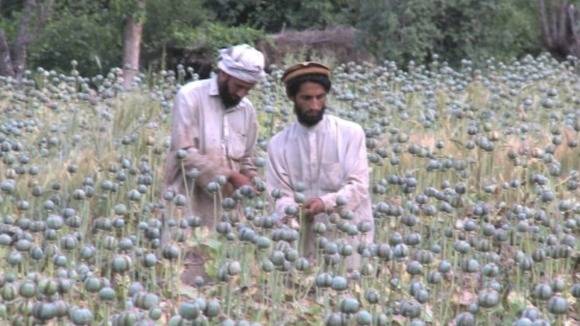The view that the United States is going to withdraw from Afghanistan is a bit exaggerated, since their troops will remain in at least six bases currently prepared for them. That's according to our guest Salman Khurshid, the foreign minister of India.
Watch the video here:
'The US not really leaving Afghanistan' - Indian foreign minister ? RT SophieCo
Watch the video here:
'The US not really leaving Afghanistan' - Indian foreign minister ? RT SophieCo








